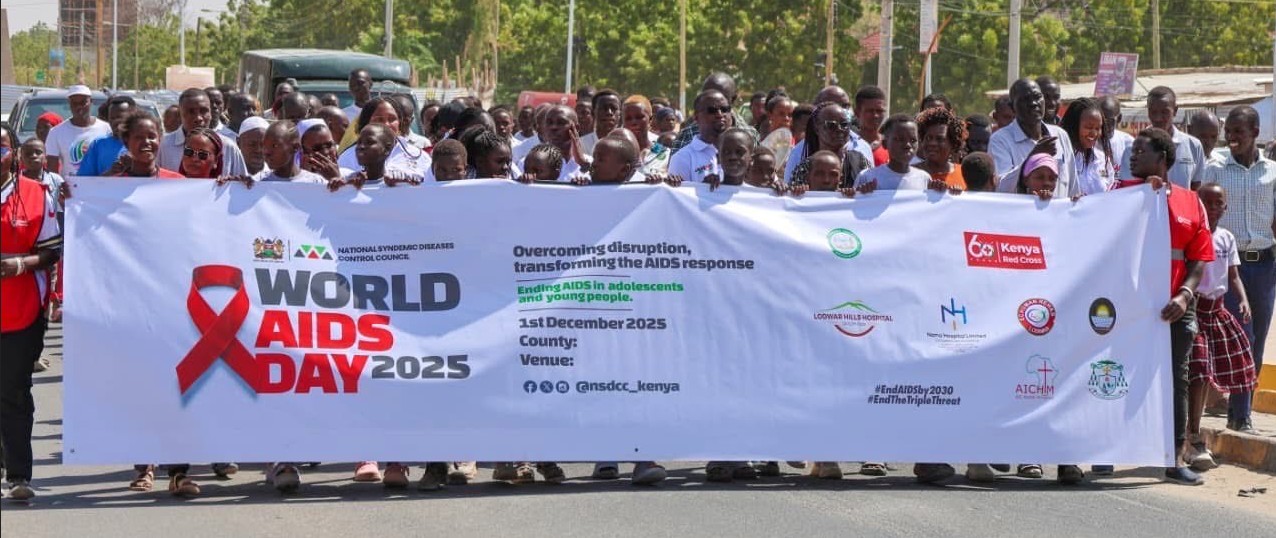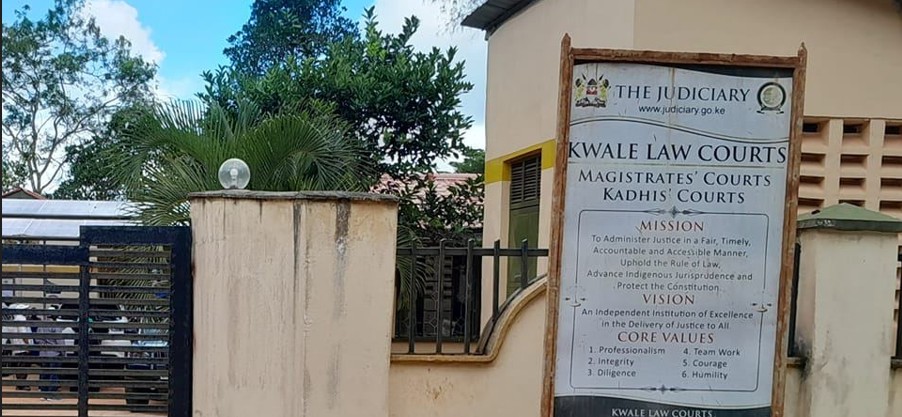Court allows Fida, governors to intervene in Kawira Mwangaza impeachment case

The judge scheduled the hearing for October 8 in an open court setting, after online sessions were disrupted by messages from some residents demanding Mwangaza's removal, with slogans such as "Kawira must go."
The High Court has allowed the Federation of Women Lawyers (Fida-Kenya) and the Council of Governors (CoG) to participate in a petition contesting the impeachment of Meru Governor Kawira Mwangaza.
In a ruling on Wednesday, Judge Bahati Mwamuye decided that Fida, CoG and a Meru resident, Jason Kathurima, could participate in the case.
More To Read
- Woman files petition to revive torture charges against two senior police officers
- FIDA-Kenya presses Kenya, UK to extradite soldier in Agnes Wanjiru murder case
- FIDA-Kenya decries surge in sexual abuse during protests
- FIDA demands probe into Alliance Girls' sexual abuse allegations
- Women senators condemn sexual violence during protests, demand justice, urgent DCI probe
- FIDA sues JSC over bid to oust Supreme Court judges, citing constitutional crisis
Fida argued that women are entitled to equal treatment, which includes equal opportunities across political, economic, cultural, and social spheres.
“The joinder of Fida is crucial as the matter is one of great public interest and specifically in relation to the rights of women in public office,” the organisation said through its lawyer, Eunice Lumallas.
The judge scheduled the hearing for October 8 in an open court setting, after online sessions were disrupted by messages from some residents demanding Mwangaza's removal, with slogans such as "Kawira must go."
Senators had previously endorsed the Meru County Assembly’s decision to impeach Mwangaza following a third attempt.
The governor has contested her ouster, arguing that the grounds for her removal did not meet the legally established threshold for such actions.
In her petition, Mwangaza called for "a declaration that section 33(8) of the County Governments Act is unconstitutional in as far as it allows the re-introduction of the same charges which previously failed to result in the removal of a governor after the expiry of three months," asserting that this provision constitutes double jeopardy and violates Article 50(2) of the Constitution.
On August 21, 26 senators voted in favour of the three charges against Mwangaza, leading to her impeachment. The same day, she rushed to court and obtained an order halting the implementation of the Senate's resolution while her petition was pending determination.
Mwangaza argued that her removal was debated in the Senate despite her having secured a court order that temporarily stopped the impeachment process.
In response, the Senate contended that it had not been given an opportunity to be heard prior to the decision and challenged the order on the basis that it contravened principles of natural justice, which guarantee that parties have the right to be heard before adverse actions are taken against them.
Top Stories Today















































